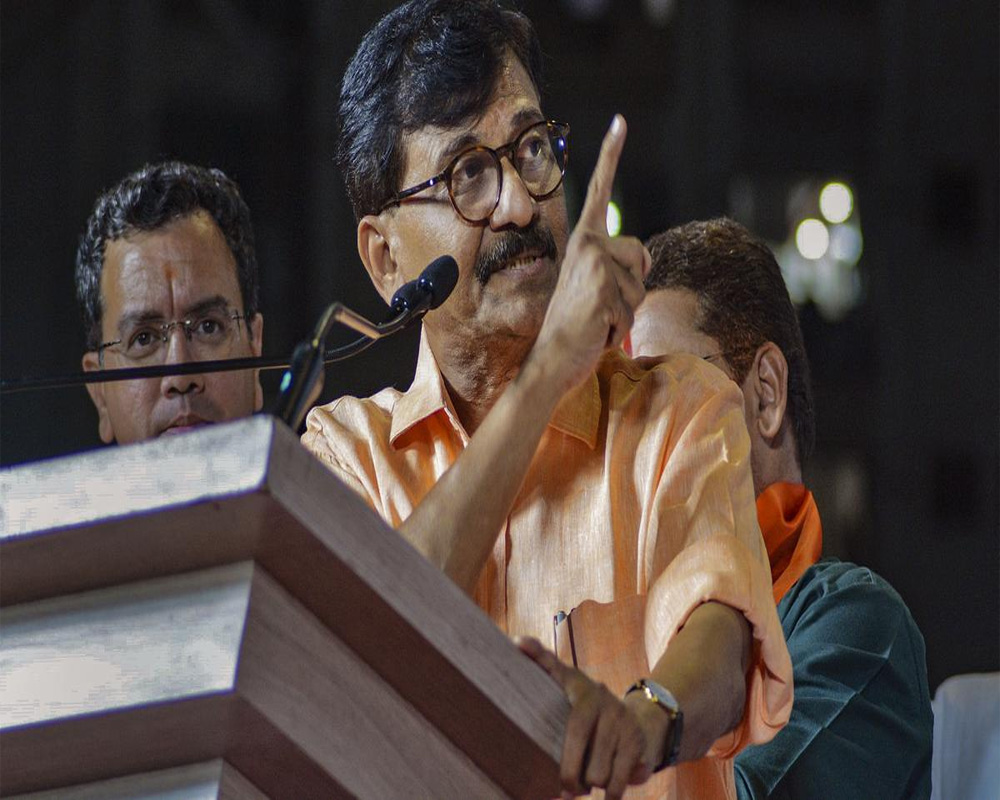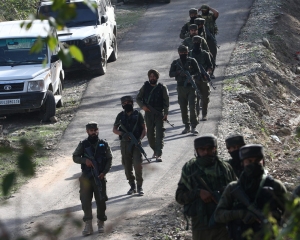Shiv Sena (UBT) leader Sanjay Raut on Wednesday called Nationalist Congress Party (SP) president Sharad Pawar the 'Bhishma Pitamah' of parliamentary politics and disapproved of any plan by him to retire from active politics.
Talking to reporters, Raut said currently there was no Indian leader with so much parliamentary experience as Pawar (83), who has been in electoral politics for nearly 60 years now.
Raut disclosed that the former Union minister had expressed this desire (to retire from active politics) before him, too.
"I told him not to bring this to his mind. Experience, and not age, that matters here. He being there in parliamentary politics is like a guide and a lighthouse," said the Shiv Sena (UBT) leader.
"He said this (retirement) publicly before. His vast experience benefits newcomers in politics. It appears that he is anguished for sometime now. (He has seen) the kind of politics Delhi's politicians have done in Maharashtra and the country, yet this pillar is still standing firm," Raut said.
He called the 83-year-old leader the 'Bhishma Pitamah' of Indian politics (referring to the Grand Old Man of the epic Mahabharata).
Both Raut and Pawar are members of the Rajya Sabha and their parties are constituents of the opposition Maha Vikas Aghadi (MVA) in Maharashtra and the INDIA bloc at the national level.
Raut said the country still needs commanders like Pawar, who has served as Maharashtra CM, Union minister (defence and agriculture) and chief of cricket bodies such as MCA, BCCI and ICC, during his long stint in public life.
"You (Pawar) must stay firm and encourage people like us to fight. We have to save Maharashtra and India and we will need such commanders like him," he added.
Hinting at retirement from parliamentary politics, Pawar on Tuesday said he will have to think about whether he should seek another Rajya Sabha term after his current tenure ends in 2026.
The veteran politician, who had a long stint in the Congress, has won 14 elections during his political career and first entered the Maharashtra assembly in 1967 and became a state minister five years later.
























